
Travala has surpassed $100 million in annual revenue and launched a Treasury Reserve Plan to hold Bitcoin (BTC) and AVA tokens, reinforcing its commitment to blockchain-driven travel innovation and future growth.
Travala, a web3 traveling platform that has been in existence since 2017 has for the first time surpassed the $100 million mark in annual gross revenue. Through this milestone, Travala has set itself on the front foot of ascertaining its dominance as one of the largest online travel agencies (OTA) globally as it blends the old traditional traveling solutions with the new blockchain-powered ones.
The growth to $100 million is greatly attributed to the innovations and strategic partnerships that utilize both the conventional fiat together with cryptocurrencies when it comes to making travel bookings. On the partnerships, the two outstanding ones that Travala has entered into with Skyscanner and KAYAK have undoubtedly played a role in this growth together with Travala’s offering of Bitcoin (BTC) rewards for bookings. In addition to these, the bullish sentiments that are being witnessed in the broader crypto market went a long way in fueling Travala’s demand when it comes to booking flights and hotels.
Coinciding with this revenue milestone is Travala’s launch of a Treasury Reserve Plan that has been designed to secure its financial position while at the same time supporting its growth. In light of this, Travala has made the decision to allocate a portion of its treasury to Bitcoin and some of it to AVA – a token that is central to its AVA smart program. Through this loyalty initiative which was developed in collaboration with the AVA Foundation, the users will be in a position to earn and redeem rewards in digital currencies, which are pivotal to Travala’s business model. As for the rewards, they will be distributed based on membership tiers.
By leveraging BTC and AVA, the company is delivering on its commitment geared towards incorporating blockchain technology and innovation into the travel sector which is currently worth $10 trillion to make it grow even more.
Commenting on the development, Juan Otero, CEO of Travala, stated, “Surpassing $100 million in gross revenue is a huge milestone, but for us, it’s just the beginning. With our new Treasury Reserve Plan, which includes BTC and AVA, we’re not only fueling future growth but also doubling down on our commitment to shaping the next era of travel. These assets are at the heart of the Travala product—from how users book travel to the rewards they receive—and will assist us in harnessing myriad opportunities to further innovate at the intersection of blockchain and travel as new advancements take place in the Web3 world.”
With its wide network that goes well into over 230 countries, offering over 400,000 activities, and connections to more than 600 airlines globally, Travala has always been at the forefront of championing the adoption of cryptocurrencies and so, by accepting over 100+ cryptocurrencies and fiat alike, Travala is doing wonders that will redefine the travel industry.
Disclaimer: This article is provided for informational purposes only. It is not offered or intended to be used as legal, tax, investment, financial, or other advice.

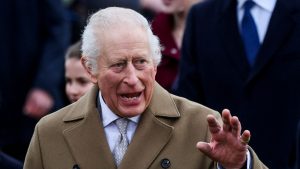
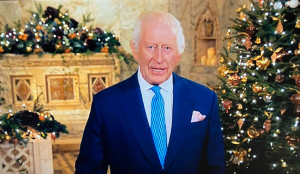
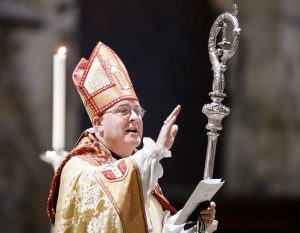




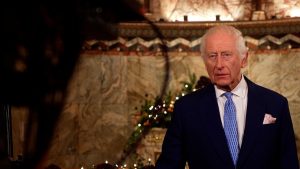



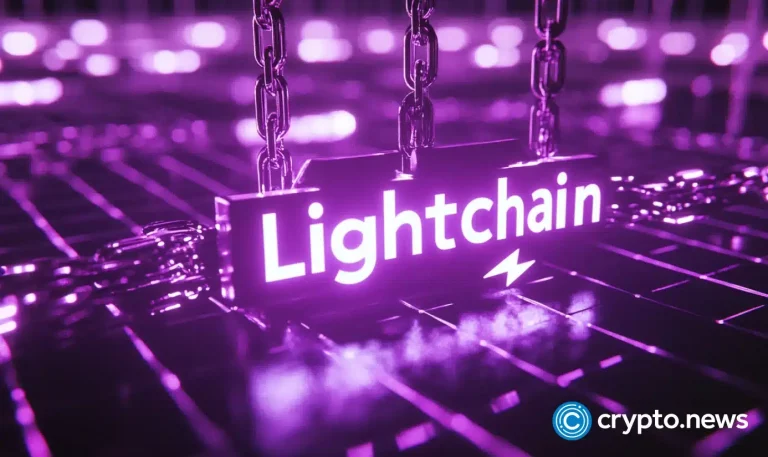



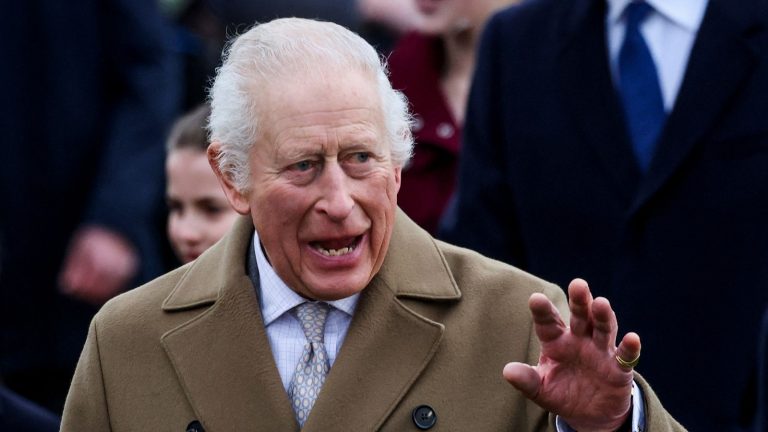
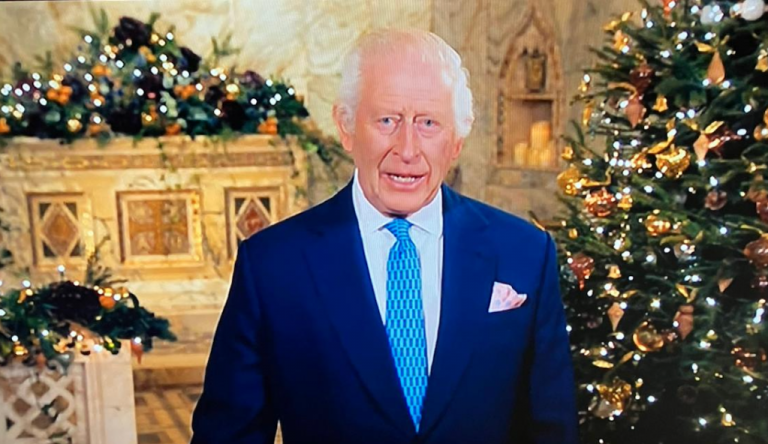

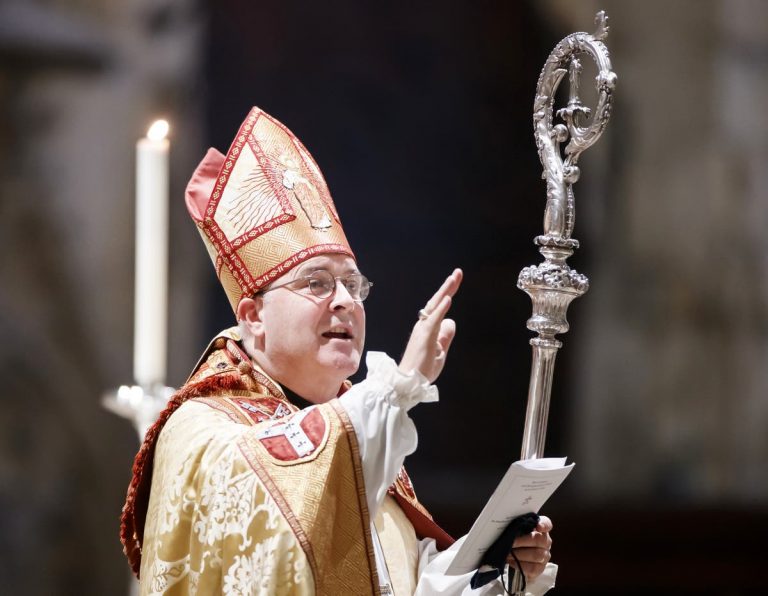


+ There are no comments
Add yours